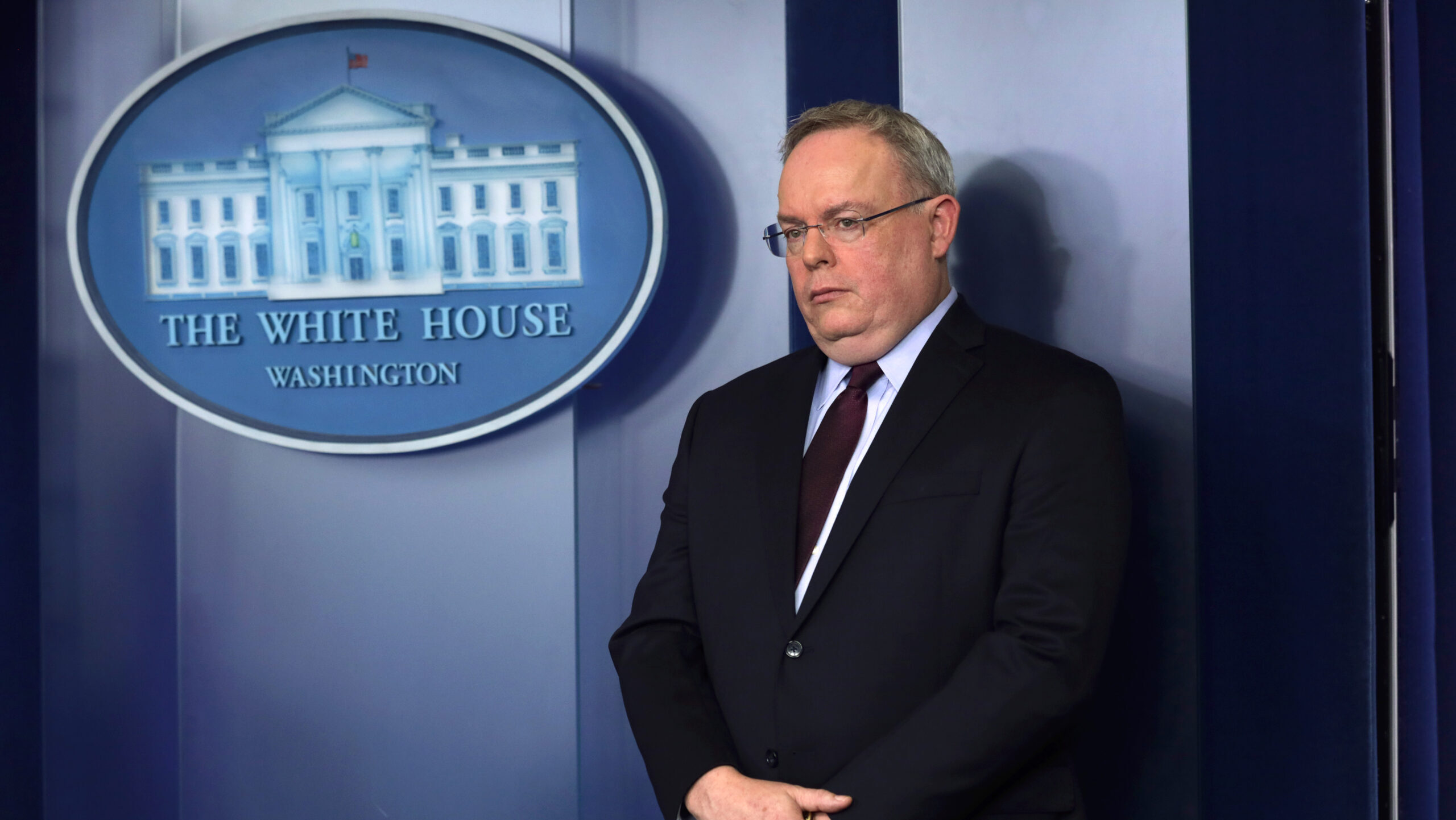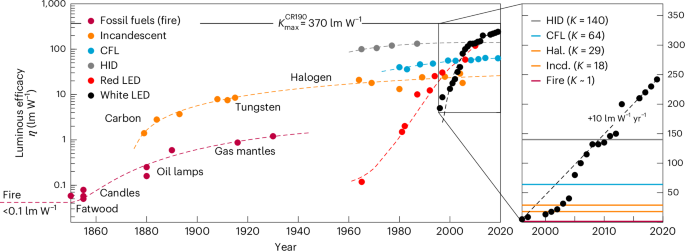The Evolving Landscape of DEI Shareholder Proposals
Shareholder engagement in diversity, equity & inclusion (DEI) is evolving in response to broader shifts in corporate governance, investor priorities, and political and legal scrutiny. This report examines recent trends in DEI-related shareholder proposals and early insights from the 2025 proxy season, including declining investor support for DEI initiatives, the rise—but limited success—of “anti-DEI” filings, […]

Matteo Tonello is Head of Benchmarking and Analytics at The Conference Board, Inc. This post is based on a Conference Board memorandum by Andrew Jones, Senior Researcher, ESG Center, and Ariane Marchis-Mouren, Senior Researcher, Corporate Governance, at The Conference Board.
Shareholder engagement in diversity, equity & inclusion (DEI) is evolving in response to broader shifts in corporate governance, investor priorities, and political and legal scrutiny. This report examines recent trends in DEI-related shareholder proposals and early insights from the 2025 proxy season, including declining investor support for DEI initiatives, the rise—but limited success—of “anti-DEI” filings, and the implications for corporations.
Key Insights
- DEI-related shareholder proposals peaked in 2021 but remain an important investor focus, with large-cap companies facing pressure to enhance disclosure and commitments.
- Shareholder support for all DEI proposals (both pro- and anti-DEI) steadily declined since 2021 as improved corporate disclosures, investor fatigue, proxy advisor opposition, and heightened legal risks make negotiated withdrawals and majority approvals increasingly rare.
- Anti-DEI shareholder proposals surged as a share of all DEI-related filings since 2023, although support levels remain very low—averaging less than 2%—as proponents generally use the proposals as a tool to apply pressure rather than expect them to pass.
- The polarization of DEI proposals has persisted in the 2025 proxy season, with anti-DEI filings increasing but receiving little support; meanwhile, several large firms face competing proposals from both sides of the ideological spectrum.











































































































































































